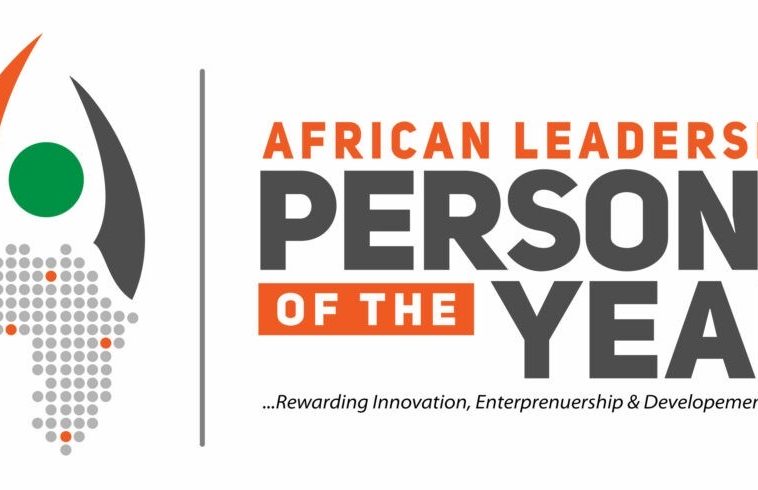Financial inclusion is more than just access to banking; it’s a lifeline for millions across Africa. Have you ever considered how underserved communities on the continent are experiencing a different trajectory? All thanks to the wave of empowerment spurred by innovative solutions and an increasing focus on inclusion?.
The world is shifting towards a realm where everyone, irrespective of their background or location, can access and afford the financial tools to enrich their lives. As António Guterres aptly said, “Financial inclusion is about building a world where everyone, everywhere, at every stage of their life, can access and afford the financial tools they need to improve their lives.”
The landscape of financial inclusion in Africa showcases both opportunities and challenges. According to the World Bank, approximately 66% of adults in Sub-Saharan Africa lack access to formal financial services. Yet the last decade has seen significant strides, with the percentage of adults holding bank accounts rising from 24% in 2011 to 43% in 2017.
Understanding the Power of Financial Inclusion
Financial inclusion is about more than just accessing financial services; it’s about ensuring that people and businesses, especially those in underprivileged areas, have access to affordable and suitable financial products like insurance, loans, and savings accounts. The impact of this access on underserved communities is profound and multifaceted.
Empowering Underserved Communities: A Closer Look
1. Improved Savings and Investment: By encouraging the use of formal banking services, financial inclusion fosters saving habits and facilitates investment in ventures that drive economic growth.
2. Access to Credit: The availability of finance enables more people to invest in education, start or expand businesses, and improve their living conditions, fostering economic activity and entrepreneurship.
3. Reduction in Income Inequality: Financial inclusion can help mitigate income disparities by providing excluded communities with the means to accumulate assets and generate income, thus contributing to a more equitable distribution of wealth.
4. Increased Consumption: Enhanced access to financial services can lead to increased consumer spending, thereby boosting demand for products and services and driving economic growth, especially in the retail sector.
5. Stability of Finances: By reducing dependence on informal and often risky financial channels, inclusive financial systems can enhance overall financial stability, avert financial crises, and promote economic resilience.
Initiatives Bridging the Gap
Across Africa, several initiatives are empowering underserved populations:
• Grameen Foundation: Empowering smallholder farmers and entrepreneurs with technology and financing solutions to bolster economic activity and livelihoods
• Ecobank Mobile App: Breaking barriers to entry and enhancing accessibility to financial services for underserved communities through smartphone-based banking solutions
• M-Pesa (Kenya): revolutionising lives by providing a safe platform for financial transactions, enabling users, even in remote areas, to send and receive money and access essential financial services using simple mobile phones.
• Ubank (South Africa): Offering digital banking and financial education to uplift underprivileged communities and improve their financial literacy and well-being.
• Zoona (Malawi, Zambia, and Mozambique): providing mobile money services to facilitate financial transactions in areas lacking traditional banking infrastructure, enhancing financial inclusion and accessibility.
• Cowrywise (Nigeria): Offering a wealth management tool to promote saving and investing among marginalised groups, simplifying regular savings and investment processes.
• Orange Money (Multiple African Nations): Enabling easier access to finance for underprivileged populations across several African countries through safe and convenient financial transactions
• Xente (Uganda): Empowering underprivileged groups with financial and business solutions through a mobile-based platform, promoting financial inclusion, and offering a range of financial activities.
These initiatives represent the transformative power of technology and inclusive business practices, addressing specific sector requirements through innovative models. As they evolve, these projects are expected to further extend their impacts, fostering sustainable economic growth and enhancing the lives of millions throughout Africa. Financial inclusion is catalysing positive change, breaking barriers, and empowering communities, making way for a brighter, more inclusive future across the continent.


